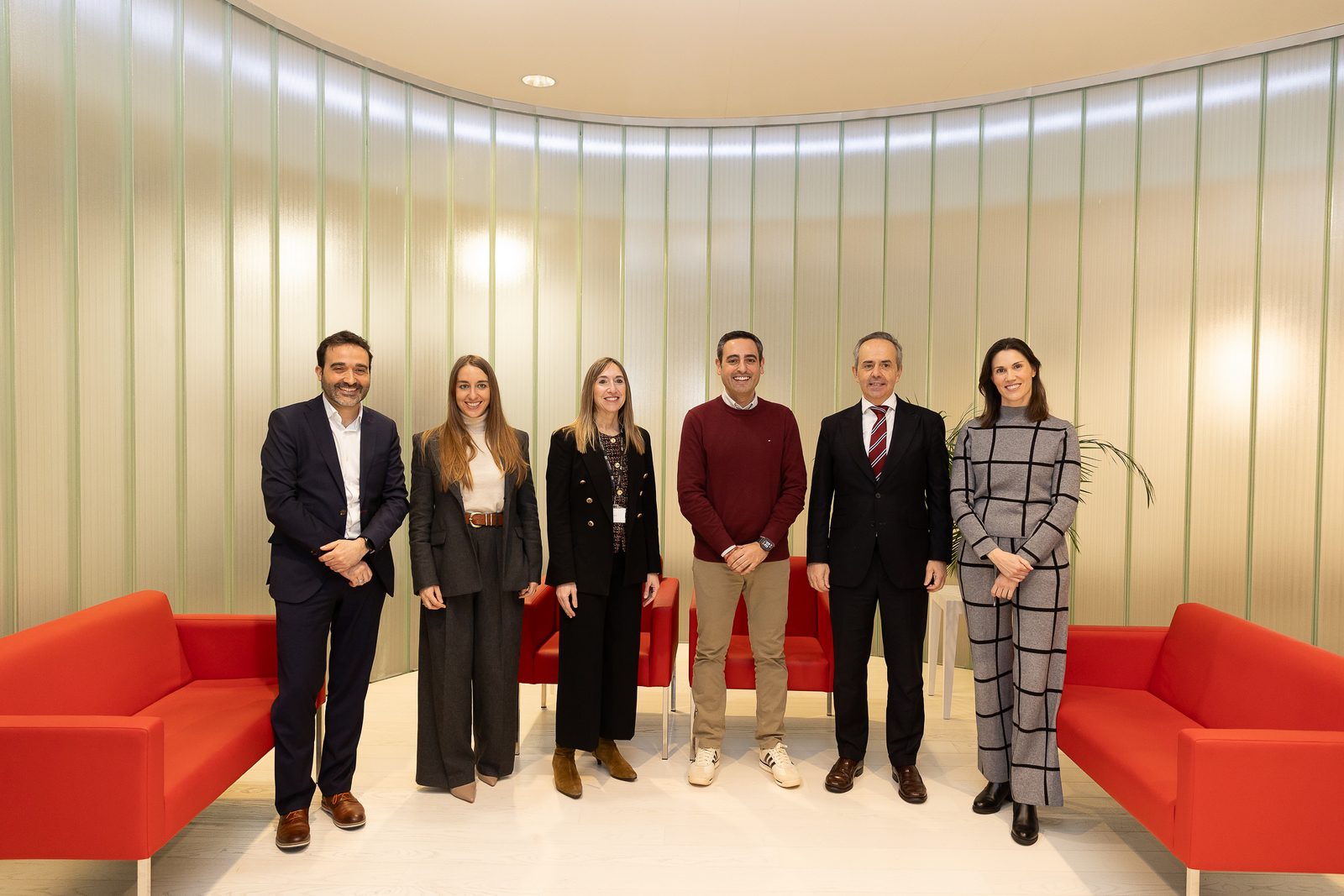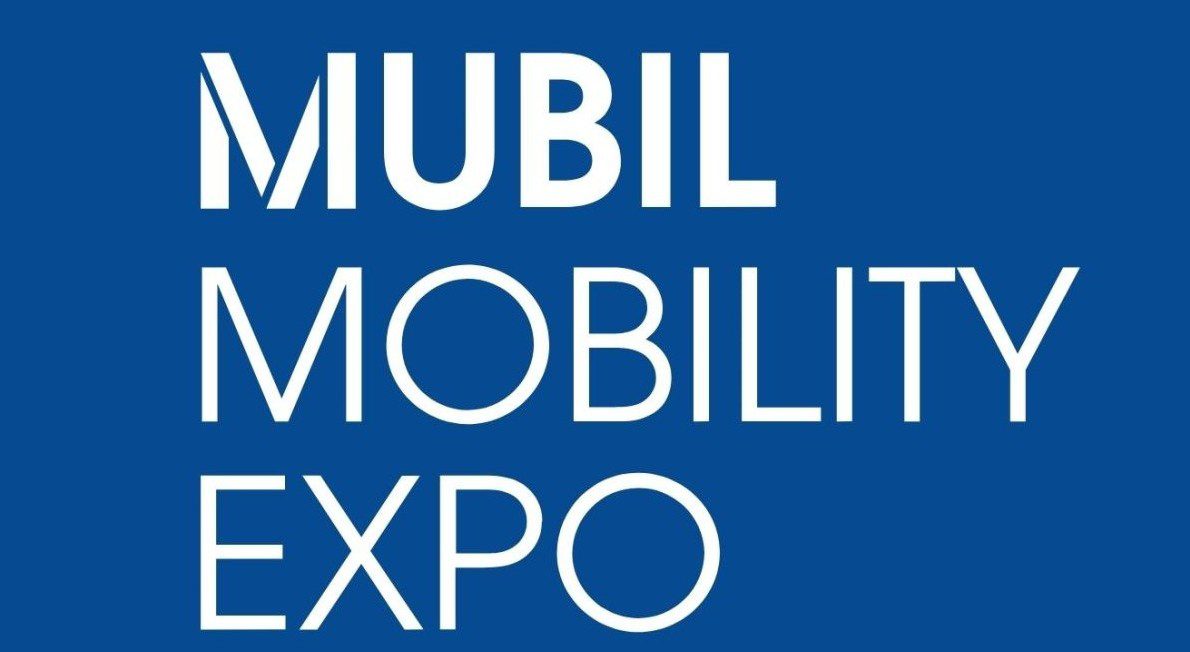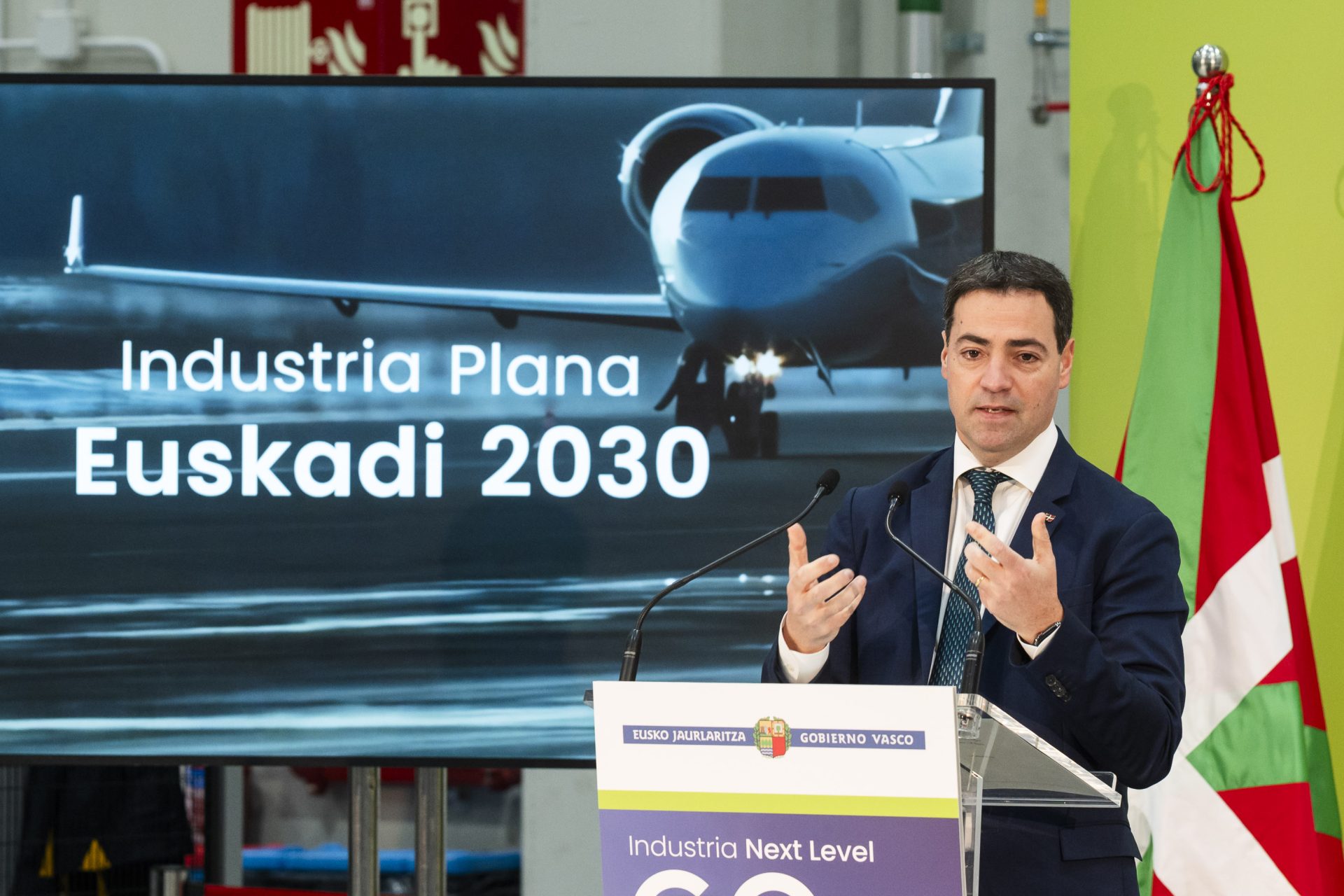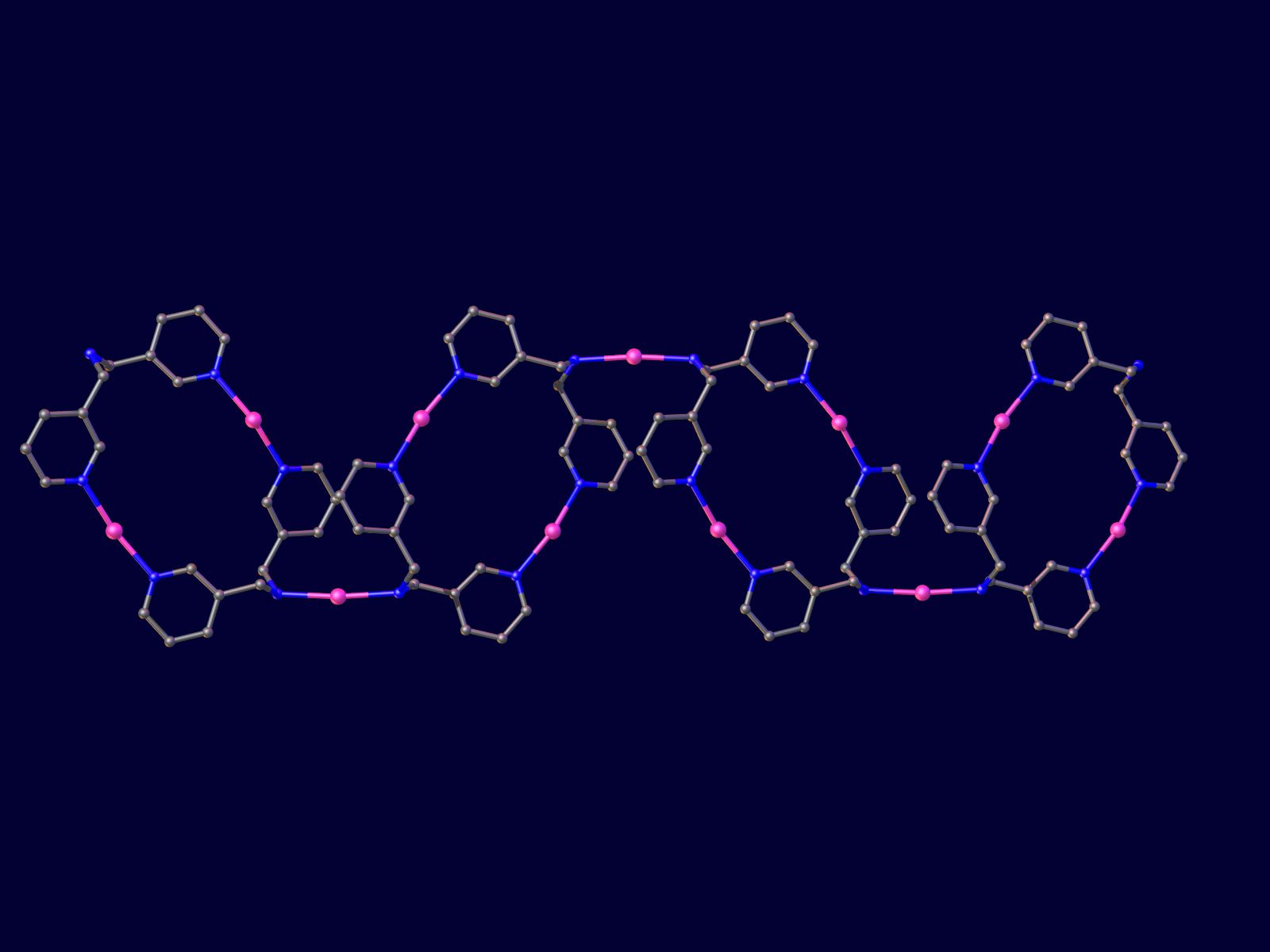CIC energiGUNE obtains a 100% success rate in the call for “Knowledge Generation Projects” of the State Research Agency
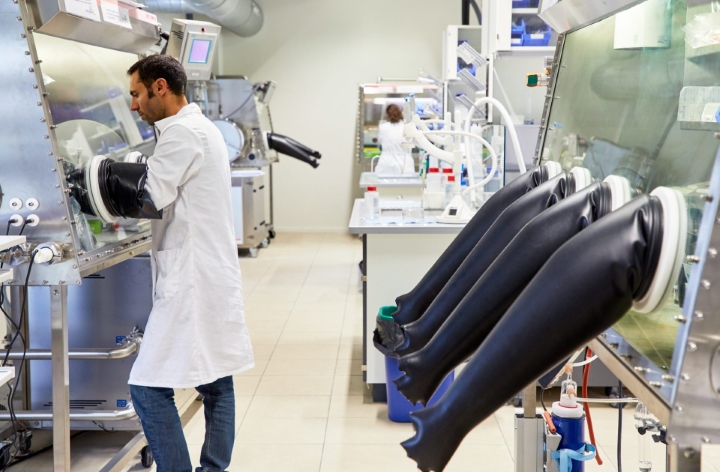
The Basque centre has received approval for the four proposals it has submitted in the 2022 call of the “Knowledge Generation Projects” programme, in the Oriented Research modality, of the Ministry of Science and Innovation, aimed at promoting the advancement of scientific knowledge and quality research as tools for the search for solutions to society’s challenges.
The projects approved revolve around the development of new polymeric solid electrolyte batteries, the identification of new materials for sodium-ion batteries, the chemical recycling of plastic waste, and research into solid-state oxide and halide batteries.
 CIC energiGUNE, a leading Basque research centre in electrochemical energy storage, thermal energy storage and conversion and hydrogen technologies, has achieved a 100% success rate in the Ministry of Science and Innovation’s “Proyectos de Generación de Conocimiento” (Knowledge Generation Projects) call for proposals in the Oriented Research category. Specifically, the State Innovation Agency has approved the funding of the 4 projects presented by the Basque centre to this programme, focused on financially supporting the development of innovative proposals that promote the advancement of scientific knowledge as a tool to respond to the challenges of society.
CIC energiGUNE, a leading Basque research centre in electrochemical energy storage, thermal energy storage and conversion and hydrogen technologies, has achieved a 100% success rate in the Ministry of Science and Innovation’s “Proyectos de Generación de Conocimiento” (Knowledge Generation Projects) call for proposals in the Oriented Research category. Specifically, the State Innovation Agency has approved the funding of the 4 projects presented by the Basque centre to this programme, focused on financially supporting the development of innovative proposals that promote the advancement of scientific knowledge as a tool to respond to the challenges of society.
“It is a great satisfaction and a sign of the high level of our team of researchers to obtain a 100% success rate in this call,” said Raquel Ferret, Business Development Director at CIC energiGUNE. “The approval of all our proposals means that our resources and our capacity for innovation are perfectly aligned with the needs of society and the challenges it faces in the immediate future,” she said.
Three of the four approved projects are individual proposals from CIC energiGUNE, led and developed from the centre’s facilities at the Vitoria-Gasteiz Campus of the Euskadi Technology Park. The fourth proposal is a collaborative project where CIC energiGUNE leads one of the subprojects.
The first project included in the PID 2022 call is ION-POLY, which aims to develop new polymeric solid electrolyte and metallic lithium batteries. At a technological level, this type of component is emerging as one of the most suitable and reliable technological competitors to overcome the limitations of current lithium-ion batteries, driving the transition towards a more sustainable energy future, especially due to its potential impact in the field of electric vehicles. Specifically, CIC energiGUNE aims to increase the energy density and the number of charge and discharge cycles of this type of technology, thereby helping to overcome the current limits that hinder its development and boosting its application.
The SMART project also stems from the desire to strengthen an alternative to the current dominant battery model based on lithium-ion technology. Specifically, CIC energiGUNE’s proposal aims to accelerate the development of electrode materials for sodium-ion batteries, which offer environmental and production advantages over lithium-ion. To this end, SMART will develop innovative high-throughput research methods assisted by artificial intelligence, which will enable optimised experimental planning. The end result will be the identification of new materials that will enable sodium-ion batteries to compete with lithium-ion batteries.
The third proposal led by CIC energiGUNE is TWICE, which has a highly innovative component with the aim of tackling two of the most important challenges affecting our society, the next generations and the sustainability of the planet in the short term. On the one hand, the intelligent management of the enormous amount of plastic waste produced annually, and on the other, the generation of low-cost, sustainable and clean energy. With this dual objective, TWICE proposes a novel method that combines innovative ionic liquid-based catalytic systems (IL-CATS) with microwave heating (MWs) to selectively produce decarbonised products (H2 and carbon materials) from plastic waste (polyolefins) with a low recycling rate, thus responding to the challenges of global climate change and the circular economy.
Finally, the fourth project approved by the State Innovation Agency is OASIS, a subproject led by CIC energiGUNE, which is part of the collaborative project FASSION (led by the Processing and Characterisation of Functional and Structured Ceramics (ProCaCef) group of the Institute of Nanoscience and Materials of Aragon), and is aimed at developing advanced ultrafast sintering techniques. In this case, the OASIS subproject is committed to working on solid state batteries of oxides and halides, and more specifically, in overcoming the bottleneck that currently occurs in the processing of complete cells based on oxides. This will be done by reducing the high temperature and sintering time. In parallel, the research work will enable the development of new solid halide electrolytes with the aim of moving towards the manufacture of high-voltage solid-state batteries.
